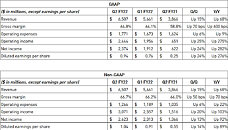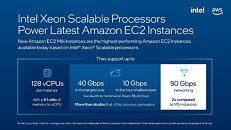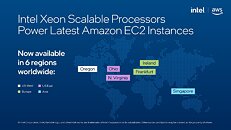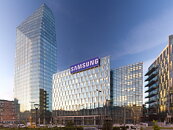
Fujitsu launches "Fujitsu Computing as a Service (CaaS)," delivering customers access to world-leading computing technologies via the public cloud
Fujitsu today announced the launch of its new service portfolio "Fujitsu Computing as a Service (CaaS)" to accelerate digital transformation (DX) and empower customers globally by offering access to some of the world's most advanced computing technologies via the cloud for commercial use. The new service encompasses advanced computing resources like Fujitsu's quantum-inspired Digital Annealer technology, the computing technology at the heart of the world's fastest supercomputer, Fugaku, and software applications that allow a wide range of users to solve problems with AI and machine learning. Fujitsu will begin delivery of these new services to the Japanese market starting in October 2022 with a global rollout to international regions including Europe, Asia Pacific, and the Americas to follow.
As the first step, Fujitsu will begin preorders for "Fujitsu Cloud Service HPC," which offers the computing power of the "Fujitsu Supercomputer PRIMEHPC FX1000," which shares the same CPU at the heart of the supercomputer Fugaku. Fujitsu will begin sales of the service for the general public and organizations in Japan starting April 6, 2022, with delivery to commence from October. In the months ahead, Fujitsu will further add services for its Digital Annealer technology and AI cloud services to its service lineup in order to provide further value-added services that seamlessly integrate various solutions.
As the first step, Fujitsu will begin preorders for "Fujitsu Cloud Service HPC," which offers the computing power of the "Fujitsu Supercomputer PRIMEHPC FX1000," which shares the same CPU at the heart of the supercomputer Fugaku. Fujitsu will begin sales of the service for the general public and organizations in Japan starting April 6, 2022, with delivery to commence from October. In the months ahead, Fujitsu will further add services for its Digital Annealer technology and AI cloud services to its service lineup in order to provide further value-added services that seamlessly integrate various solutions.











































